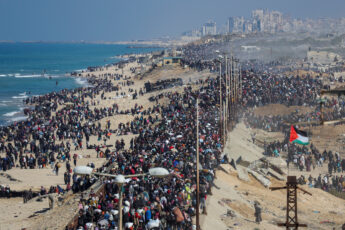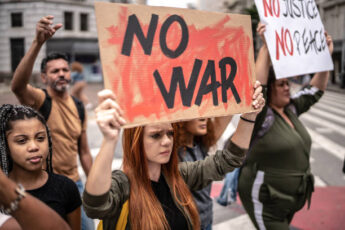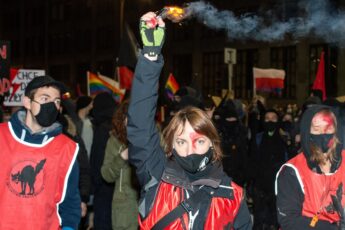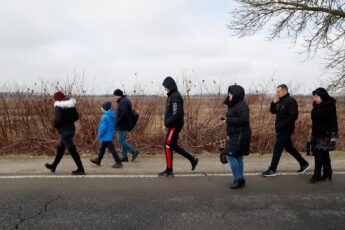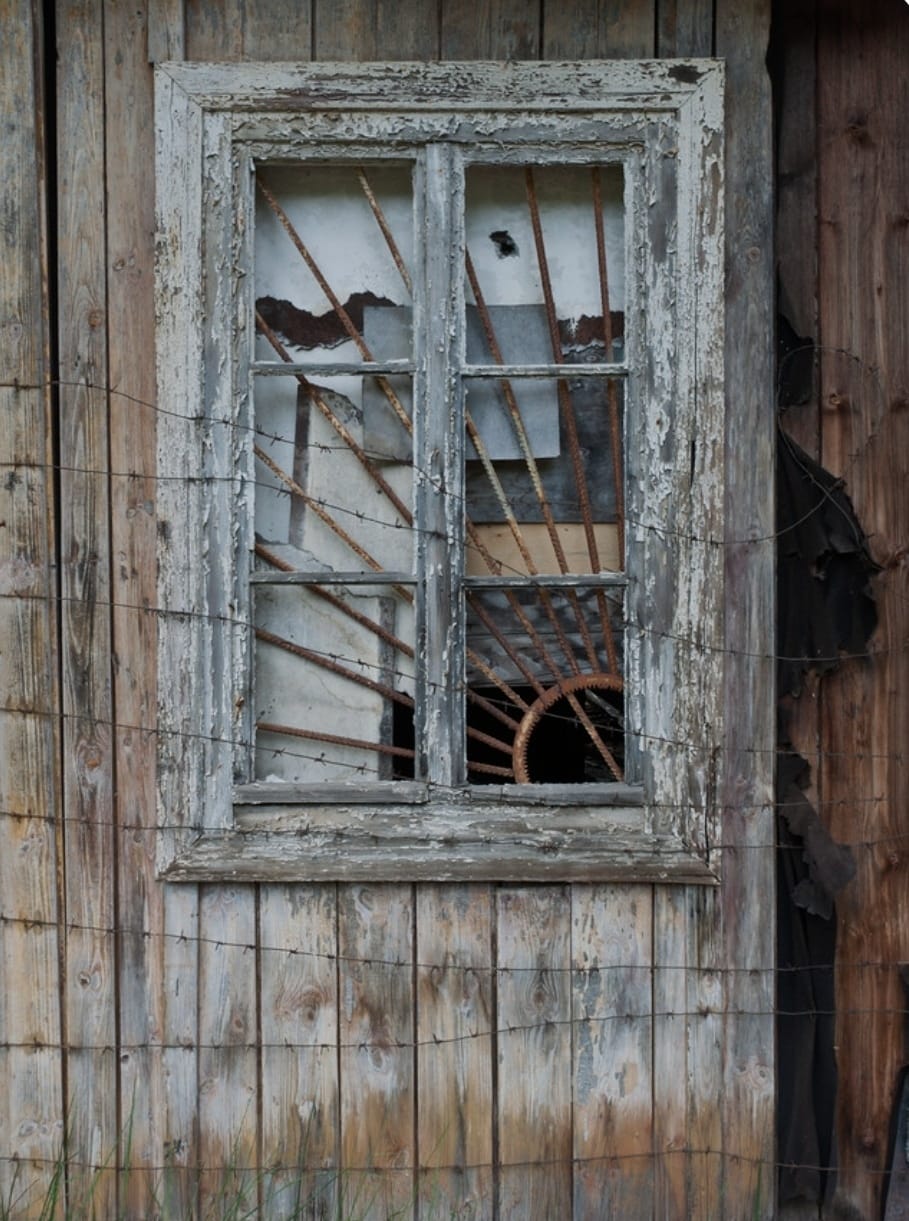
ONLINE EVENT: 4th of June, 4 pm (CEST)
Zoom link: https://us02web.zoom.us/j/83238410660
Confirmed speakers:
Aigul Hakimova (Infokolpa, Slovenia), Sopiko Japaridze (Solidarity Network, Georgia), Olena Lyubchenko (Canada/Ukraine), Bermet Borubaeva (KirgSoc, Kyrgyzstan), Luba Zakharova (Feminist Anti-War Resistance, Russia), Valentin Cernat and Ovid Pop (Alternator, Romania), Maja Breznik (Slovenia), Tijana Okic (Bosnia).
The PAAW (Permanent Assembly Against the War), invites all to an online event to discuss social, political and economic developments in the post-Soviet space, and in Eastern Europe and former Yugoslavia, in time of war.
Since the large-scale invasion of Ukraine by Russia in February 2022, the PAAW has organized several online and physical meetings to discuss the consequences of the war, its transnational dimension and the prospect for a transnational politics of peace. In these meetings we always tried to connect experiences of activists from different corners of Europe and beyond, as we have recognized since the beginning that war in Ukraine and its prolongation is not just about geopolitics. Indeed, with its trail of destruction and deaths the politics of war now reverberates across the globe. Economic sanctions, rising costs of living and militarisation are fostering the general crisis in social reproduction which was already felt in the aftermath of the Covid pandemic and after decades of neoliberal reforms.
However, we soon realized that there is little knowledge and little discussion about the wider implications of the war in the specific situation of regions and states in the post-Soviet situation, and in Eastern Europe and former Yugoslavia. Even if there are spaces where activists with these backgrounds share their experiences and analysis, we felt that a wider framework was needed, not confined into a geographical dimension. In fact, we believe that what’s happening in these situations is of the utmost importance in imagining any kind of transformative politics today, and it’s of a general interest for all activists, including those in Western Europe. Such space is what the PAAW is trying to provide with this event.
In past months as PAAW we discussed the events in Georgia following the introduction of the so-called ‘foreign agent bill’, and from there on how geopolitics is playing in the hands of governments and profit-seekers companies and investors in blocking alternative discussions, raising the challenges for social mobilization. Some of us have followed news on military actions at Azerbaijan-Armenia borders and the tangled situation there. From what we see, behind the local territorial issues at stake everything is very much affected by the new situation created by the war in Ukraine. Azerbaijan is galvanized by its new strategic relevance both for Russia and the European Union for gas, acting as a transhipment hub where European sanctions show their instrumental nature, and its government is increasing the repression of any form of opposition to its ‘development’ projects. The situation in Central Asiatic countries such as Kyrgyzstan is also affected by the war. Central Asian countries are today put in the middle and forced to take sides, and this narrows the spaces for political discussion. At the same time, society is shaken by rising costs, tensions and governments’ efforts to strengthen an authoritarian grip.
In all these countries, the arrival of a good number of citizens of the Russian Federation has impacted the social and political landscape. Among these people there are many that refuse the war and its consequences on Russian society, that don’t want to fight or are openly opposing the war and Putin’s policies. Depending on the level of dependence and alliance with Russia, they are hunted by local police, further limiting the space for opening up a different perspective on the current situation. Russia is weakened by the war in Ukraine in its capacity to influence the so-called post-Soviet region. But this does not translate into more spaces for autonomous movements, quite the opposite. The fact that China is becoming more active influences political alignments and further reinforces the way in which competition and investments to be attracted and safeguarded at any cost are the polar stars of governments at this moment.
These situations really show the hypocrisy of so-called European values, of the clash of civilization narrative and also of the economic sanctions from the EU/US. It is in fact within this competition that the war makes sense for everyone in their attempt to gain more space or advantages, neoliberal policies are imposed without alternatives and social issues are canceled from public discussion. This happens in contexts that have been socially devastated and quickly exposed to harsh accumulation dynamics, capital’s appropriation of natural resources and the destruction of welfare policies, only to be exposed to neoliberal restructuring of society. Eastern European countries have also a history in this regard and together with the Balkans they are now at the forefront of a new EU politics in time of war, either as new centers of power or new borderlands where the enlargement process plays its murderous tricks, and where rival economic projects clash and compete.
In this event we want to look at these transformations from the angle of workers, women, migrants, refugees, LGBTQI people, deserters that are resisting or opposing the consequences of the war. We want to discuss how the geopolitical trap is narrowing the space for political initiative in these contexts, but also where to look to escape this trap, where we find moments of different politicization and how to sustain them. In fact, there are examples of women’s initiatives that are able to speak out differently, or attempts of workers’ direct initiative, that remain often overlooked behind the fog of war. We want to pose the question of what we can learn from these contexts on how to (re)build forms of political communication and shared vision that can overcome the geopolitical trap, bring social issues to the fore and help develop a transnational politics of peace.
The zoom link to join the event will be published soon.
Facebook event: https://www.facebook.com/events/975119107008861/?ref=newsfeed


